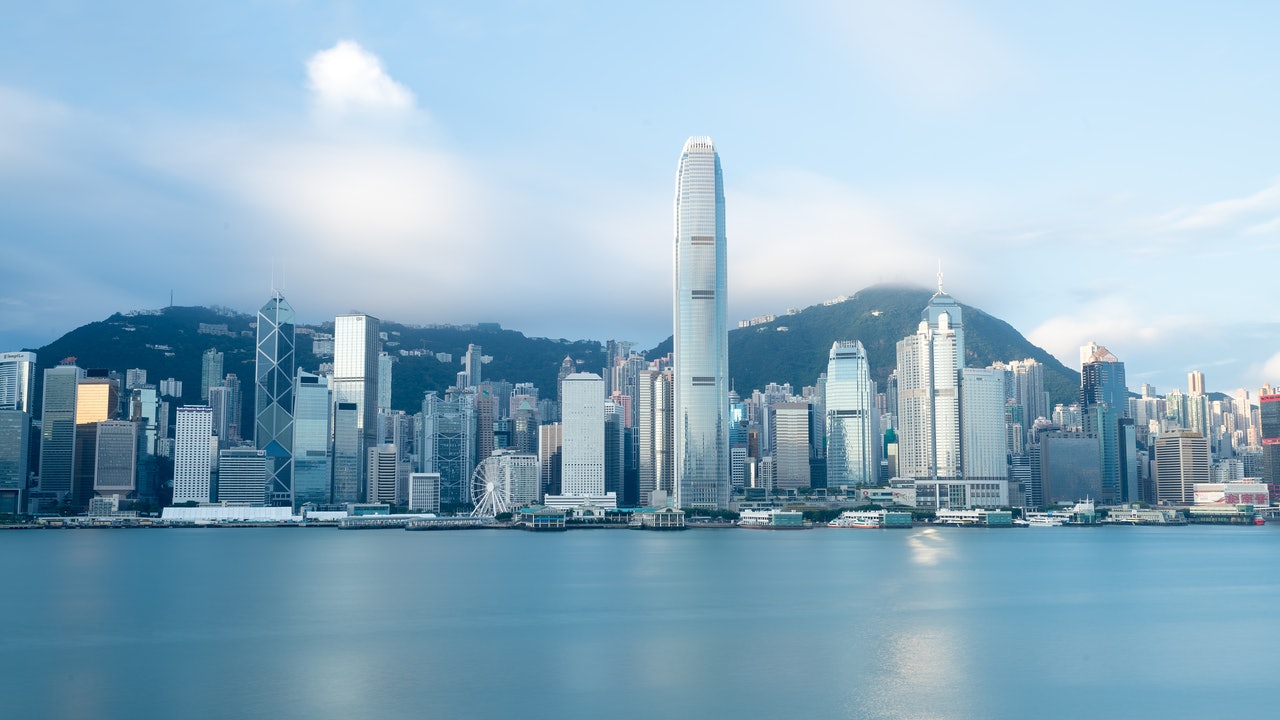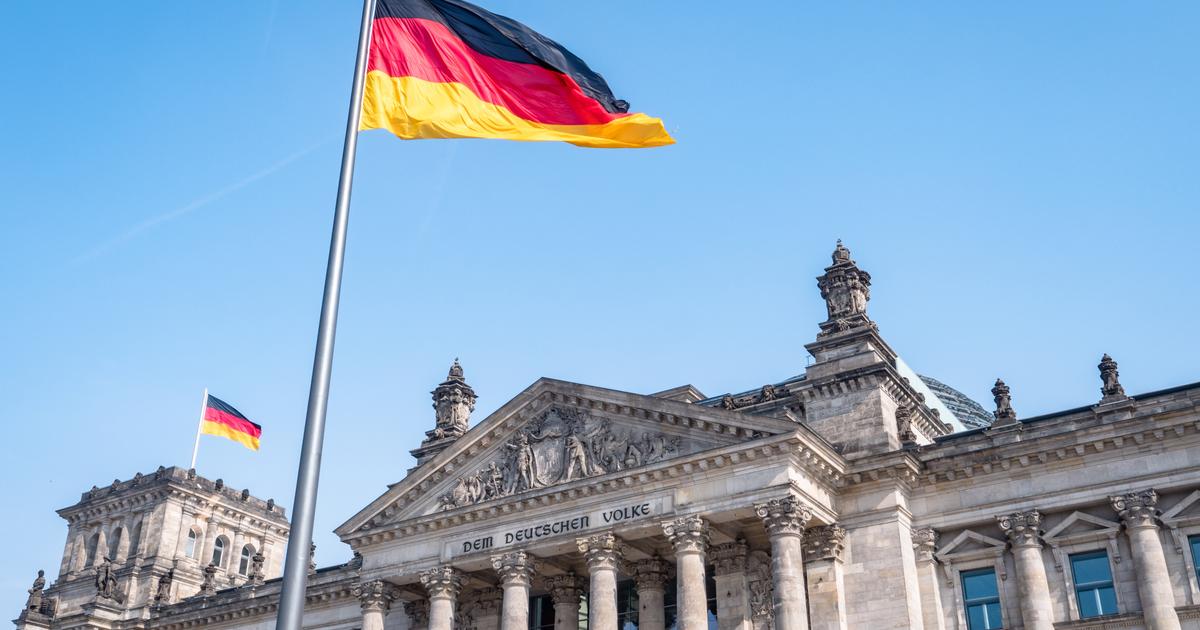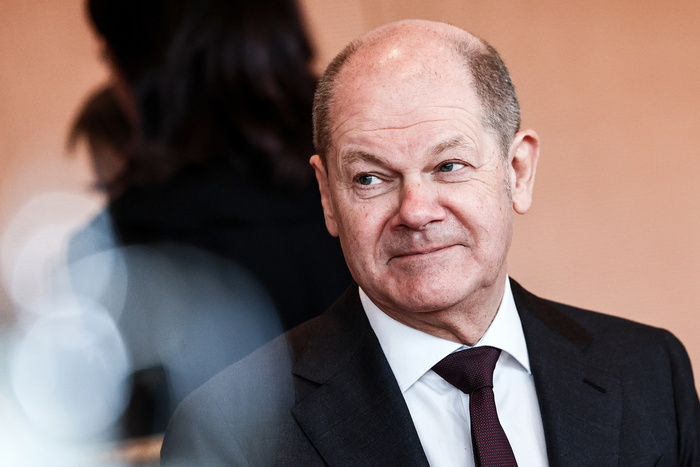Financial news
Written by: Zhang Weilun
2019-12-04 15:10
Last updated: 2019-12-04 15:10Hong Kong's economy is pinched by internal and external concerns, and the outlook is rather bleak. Not only the data released by the private sector shows that Hong Kong's economy has lost momentum; the government has earlier lowered its economic forecast for this year again, from a growth of 0 to 1% in August to a contraction of 1.3%. A survey conducted by more organizations found that 35% of the interviewed organizations indicated that they will freeze their manpower next year. All signs show that Hong Kong's economy is at the bottom. However, the public does not need to be too pessimistic. The latest report issued by the International Monetary Fund (IMF) predicts that Hong Kong's economy can recover next year. It also points out that the linked exchange rate system is still the most suitable for Hong Kong. Perhaps this news can give investors a little hope.
IHS Markit announced today the November purchasing managers index, which fell 0.8 to 38.5 on a monthly basis, the lowest since the SARS outbreak in 2003. The bank's chief analyst Andrew Aw even pointed out that unless the Hong Kong economy can show significant growth in December, Hong Kong's economy will contract by 5% in the fourth quarter of this year. It reflects that the economy in the fourth quarter deteriorated further compared with the Hong Kong economy contracting 2.9% in the third quarter of this year.
Property prices have fallen from high levels
In the IMF report, Hong Kong was affected by the Sino-U.S. Trade war. The demonstrations and protests that erupted this summer have affected local consumption and tourists' visits to Hong Kong. Even though property prices fell 4% from their peak in May this year in September this year, citizens are still under heavy pressure when buying property; income inequality is still serious.
The IMF further pointed out that Hong Kong faces many downside risks. In terms of external factors, the escalation of Sino-US trade tensions is also detrimental to the development of global trade and has reduced the volume of imports and exports from Hong Kong. It has also promoted business and employment in trade-related industries. If the United States increases sanctions on China at the level of technology and finance, it will affect investor confidence, weaken growth, and lead to more volatile financial markets.
The IMF also pointed out that if the Mainland's economic growth further slows down or financial markets run out of control, it will have a significant impact on Hong Kong by then.
The IMF pointed out that if the housing supply shortage is resolved too late, Hong Kong's long-term competitiveness will be weakened in the long run. (Profile picture)
In terms of the internal environment, if the social and political situation worsens, and the structural challenges of insufficient housing supply and income inequality are too slow, it will further weaken economic activity and negatively affect long-term competitiveness. Because the property market and the economic cycle are highly consistent, when economic growth slows down, it will inevitably affect the property market and the financial market, and eventually further economic impact on growth.
However, if China and the United States can ease trade tensions, it will increase investor confidence and increase investment; the development of the Greater Bay Area can further improve Hong Kong's medium-term development prospects.
Expected to grow 1% next year
The IMF expects that Hong Kong will contract by 1.2% this year, but it is expected to record a 1% increase next year, driven by the recovery of private consumption. However, as trade barriers increase, the pace of recovery will be slower. Low growth is also detrimental to the job market. It is expected that unemployment will worsen. However, it is believed that a flexible job market will allow the public and private sectors to absorb some of the affected workers.
The IMF expects a recovery in private consumption to drive growth back next year. (Visual China)
The IMF also expects inflation to fall to 2.5% next year as food prices stabilize.
The IMF also pointed out that the scale of Hong Kong's foreign exchange reserves is equal to 120% of GDP, or twice the monetary base, and that net international investment is equivalent to 390% of GDP, which provides a strong buffer for Hong Kong. Coupled with increased regulatory requirements, Hong Kong banks have strong capital levels and liquidity buffers.
Hong Kong's PMI report in November 38.5 The economic prosperity of the private sector is the lowest since SARS
Hong Kong government records deficit for first financial year in 15 years Chen Maobo: Hong Kong economy enters recession
Lin Zhengyue: The economy has entered a severe situation and the fourth round of relief measures will be pushed in the short term.
International Monetary Fund IMF Hong Kong Economy


/cloudfront-eu-central-1.images.arcpublishing.com/prisa/3FI7KHR4GI7ABUOQDZ3ENWASZQ.jpg)





